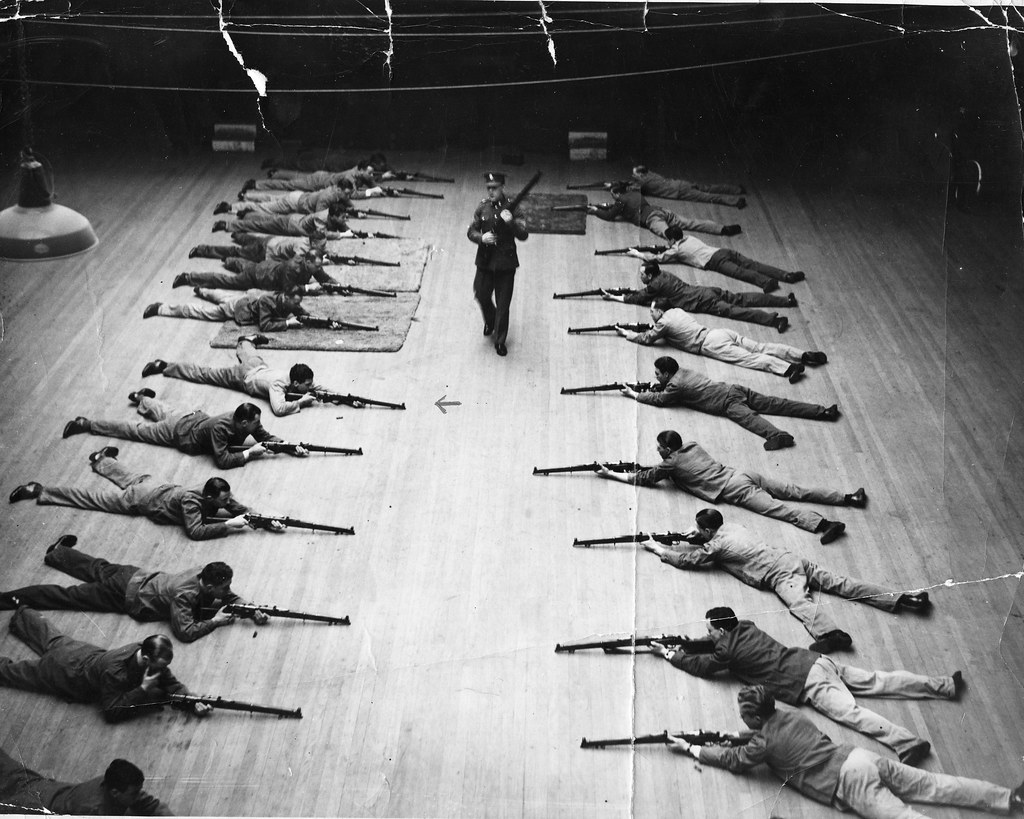Martinis at 8
Practically Family
- Messages
- 710
- Location
- Houston
For WW2 I don't really know. But generally, I feel that most basic military training schools have been watered down over the last two decades. Sources tell me that Navy boot camp is the most sissified now of all the Basics. Dunno, I was in the Army. I went to Ranger school also, and sources tell me it is sissified also compared with what I went through in '81. I did Airborne school in '78, my son did it last year. From what I saw/heard it sounded the same to me. I got to pin my old wings on him, and see his final jumps. They made a big deal about dads coming to pin wings on their children.
M8
M8



